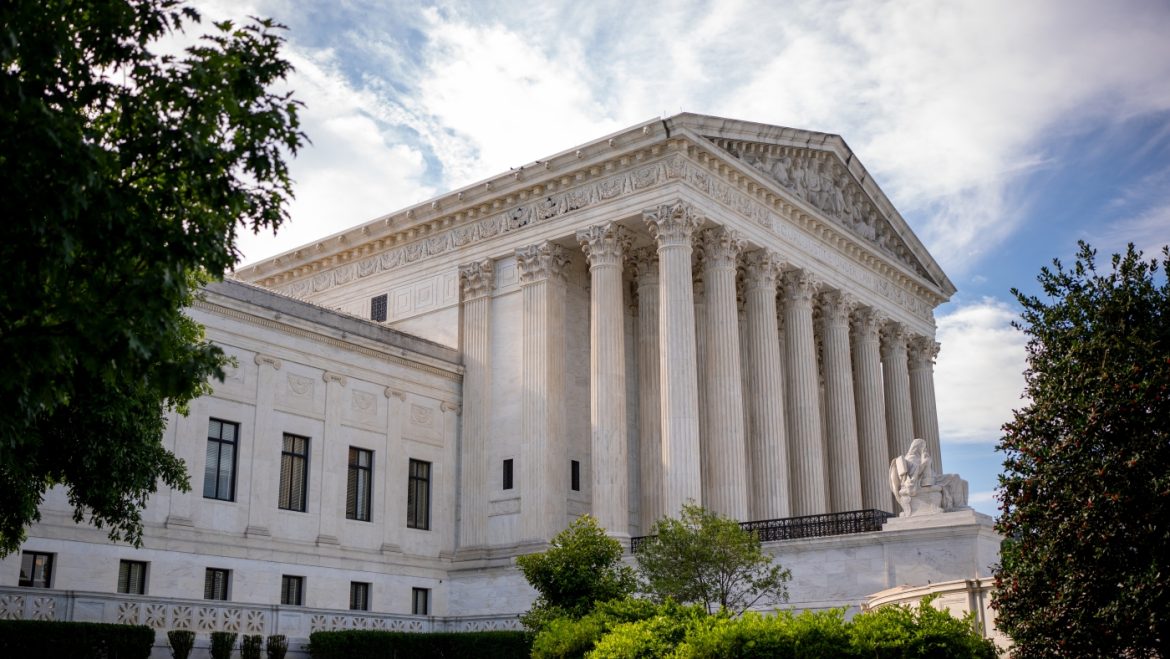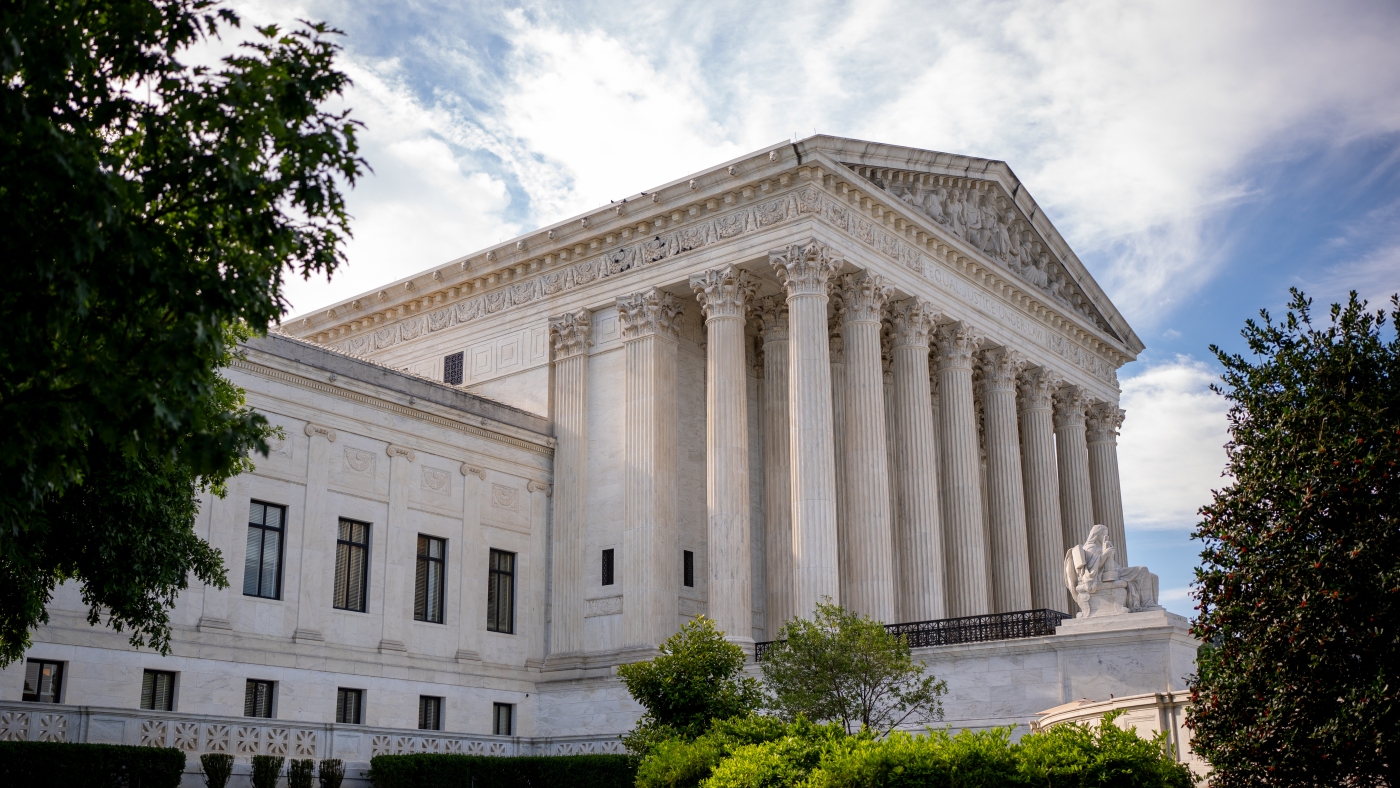The Supreme Court’s recent decision to revive a lawsuit filed by an Atlanta family wrongfully raided by the FBI offers a crucial look into the complexities of law enforcement accountability and federal liability. This case, rooted in a traumatic predawn raid in 2017, touches on legal precedent, statutory interpretation, and the tension between government authority and individual rights.
Background: A Raid Gone Wrong
In October 2017, an FBI SWAT team executed a “no-knock” raid on an Atlanta home, smashing the front door and deploying a flashbang grenade while guns were drawn. The family inside—Trina Martin, her son Gabe, and her former partner Toi Cliatt—was terrorized during the incident, which was later revealed to involve the wrong house. This harrowing mistake inflicted emotional and physical distress, especially on the family’s 7-year-old child.
The family filed a lawsuit against the FBI and individual agents in 2019, accusing them of trespass, assault, and battery under the Federal Tort Claims Act (FTCA). The FTCA, amended by Congress in 1974 after similar wrong-house raids, creates a federal statutory framework allowing citizens to sue the federal government for damages caused by its employees’ negligence or misconduct.
Legal Hurdles: Navigating State vs. Federal Courts
These types of cases are notoriously difficult to bring forward, particularly in federal court, where doctrines such as sovereign immunity can shield government agents from liability. The family initially faced resistance, with lower courts casting doubt on whether the FBI could be sued under the FTCA for this type of law enforcement error. The key question was whether the agents’ actions fall under discretionary functions, which are often immune from suit.
Moreover, interpreting the amendments to the FTCA involves parsing the limits of Congressional intent. Since the 1974 amendments were precipitated by previous abuses involving mistaken raids, the family’s lawyers argued that Congress unequivocally intended to allow lawsuits in such cases. However, courts have traditionally been cautious, wary of exposing federal law enforcement to broad liability that could hamper legitimate government operations.
The Supreme Court’s Intervention: Reviving the Lawsuit
In a unanimous ruling, the Supreme Court revived the family’s lawsuit, sending it back to a lower court for further consideration rather than outright deciding the case on the merits. This signals a willingness by the highest court to allow victims of law enforcement errors a pathway to seek redress, at least in narrowly defined circumstances.
The Court’s decision stops short of a sweeping mandate for law enforcement accountability but importantly rejects the government’s position that the family can be categorically barred from suing. This nuanced approach acknowledges the need for accountability without broadly constraining federal law enforcement’s critical functions.
Broader Implications: Accountability and Policy
This decision may set a precedent that empowers more victims of mistaken raids or excessive force to bring federal lawsuits. While the Supreme Court appears cautious about creating a floodgate of litigation, it opens the door for courts to examine claims on a case-by-case basis, weighing facts against statutory protections.
The 1974 FTCA amendments proved to be an early Congressional response to wrongful raids, illustrating a historical awareness of law enforcement’s potential for error and abuse. With this ruling, the Supreme Court keeps alive the legislative intent to provide victims with remedies, ensuring government agencies can be held accountable in the right circumstances.
Conclusion: A Step Toward Justice Without Undermining Law Enforcement
The Supreme Court’s revival of the Atlanta family’s lawsuit underscores a delicate balance in the American legal system: protecting citizens from government overreach while preserving the functional effectiveness of law enforcement. By permitting the family’s claim to proceed, the Court sent a powerful message that wrongful actions by federal agents—especially those as disruptive and potentially dangerous as a mistaken house raid—cannot be swept away by broad immunities.
This decision invites renewed scrutiny of how law enforcement conducts operations and how the justice system adjudicates accountability when errors occur. It affords families who suffer trauma and loss from such incidents a chance to be heard, and it may inspire reforms that reduce the likelihood of future tragic mistakes. Ultimately, the ruling is an important milestone in the ongoing effort to align law enforcement authority with the fundamental rights and dignity of individuals.


